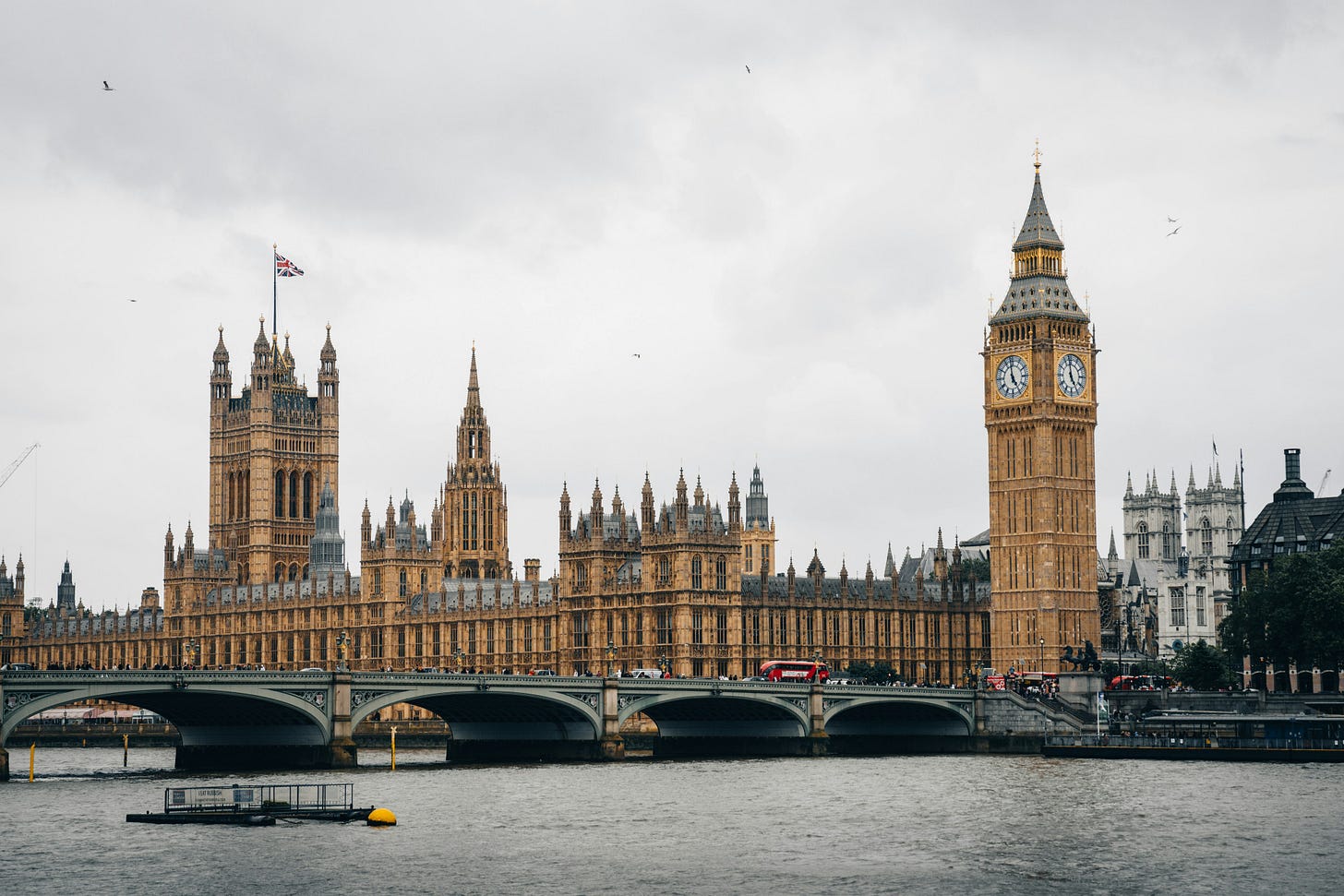Sport becomes the latest example of Britain's 'shoestring statism'
New government funding for the sector may appear generous but it amplifies an inconvenient truth
In a recent article, The Economist noted how the cash-strapped British government is desperately rifling through dwindling pots of money to fund its growing spending programme.
However, post-Brexit and post-pandemic, cash to fund such spending remains elusive and sparse (hence the reference to ‘shoestring’, a British financial term).
At the same time, government is using increased state intervention to re-engage with and reassure people that the ruling party has their country’s best interests at heart.
Its dogged determination to appoint an independent football regulator is one example of this, after years of the sport being dominated by big money, often from overseas, at the elite level.
Nevertheless, balancing the popular expectations of fans and the needs of an industry that has become an important economic and soft power asset has proved to be difficult.
In that same article, The Economist warns of the downsides to the statist pivot Britain is now experiencing, and not just in sport.
Such concerns, however, don’t necessarily trouble the government.
Indeed, it was really announced that sport across the UK are set to benefit from a ‘transformational investment’ of more than £900 million.
This is intended to support a pipeline of major international events (such the UEFA men’s Euros in 2028) and deliver new grassroots facilities that can drive economic growth and inspire people of all ages to get active (something which the country’s hosting of the 2012 Olympic Games spectacularly failed to do).
Yet £900 million is insufficient to put right all that has gone wrong in British sport over the last two decades.
Moreover, if one compares this sum to what many of Britain’s rivals are spending on sport, it immediately becomes clear that sport funding has fallen victim to shoestring statism - neither properly funded nor supported by government, fast becoming a political instrument, and with insufficient incentives in place to stimulate private sector investment.
With sport participation rates in the UK remain sluggish and countries such as Saudi Arabia spending big on sport, Britain will need more than ambitions and shoestring budgets if it wants to at least healthily sustain itself.




